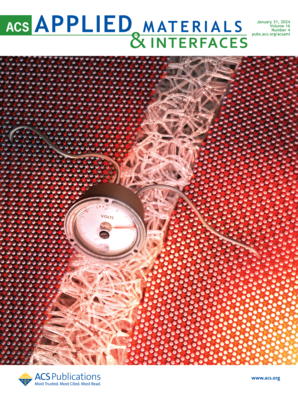Ultrasound-Triggered Nanogel Boosts Chemotherapy and Immunomodulation in Colorectal Cancer
Abstract
Chemotherapy is the primary therapy for colorectal cancer. However, its efficacy has been limited by chemoresistance, which is mainly caused by inadequate intratumoral drug accumulation and immunosuppressive microenvironments. To address these limitations, we developed a low-intensity ultrasound (LIU)-controlled and charge-reversible nanogel (R-NG), utilizing conjugated chitosan-polypyrrole polymers linked via thioketal bonds, with TiO2 absorbed onto its surface. Following the loading of oxaliplatin, the Oxa-R-NGs were ultimately synthesized. In the acidic tumor environment, the protonation of the pyrrole ring triggered the conversion of Oxa-R-NG into a positively charged form, thereby enhancing tumor penetration and cellular internalization. Based on the charge conversion, intratumoral accumulating Oxa-R-NG was triggered by LIU to continuously generate reactive oxygen species (ROS), which not only disrupted thioketal bonds to liberate oxaliplatin but also regulated tumor-associated macrophage polarization. Consequently, Oxa-R-NG boosted the chemotherapy for colorectal cancer by improving intratumoral drug accumulation and reversing the local immunosuppressive microenvironment synergistically.





